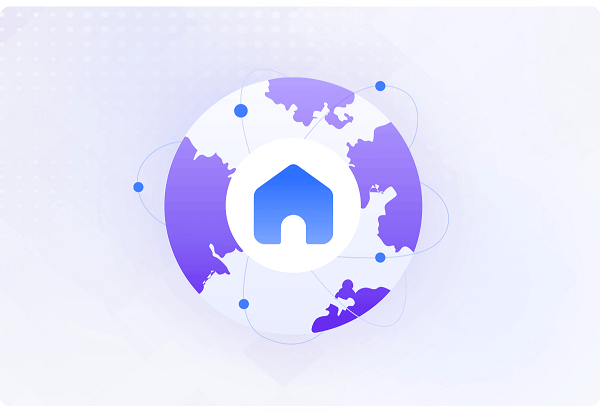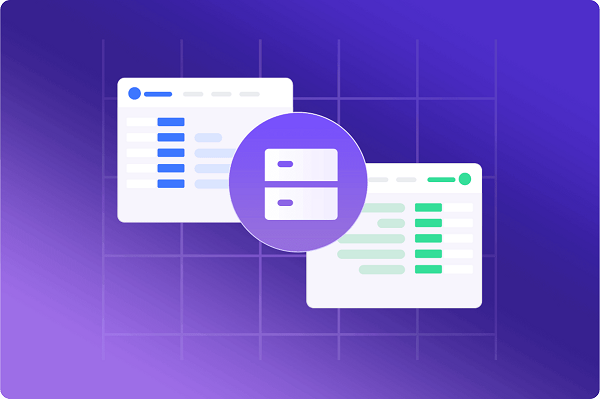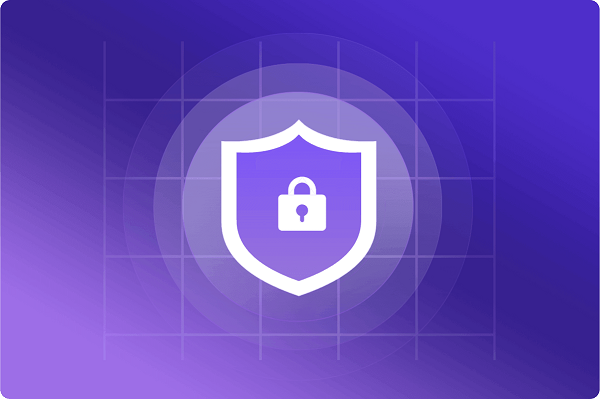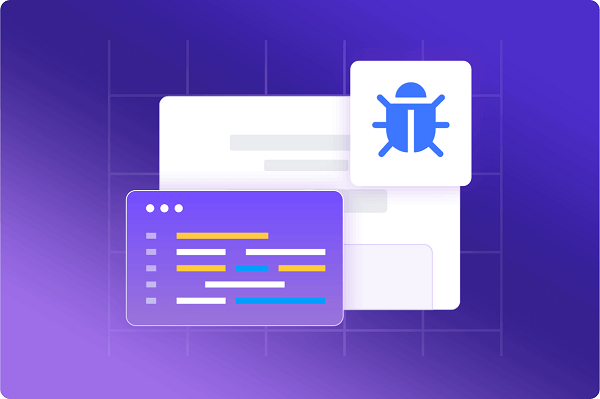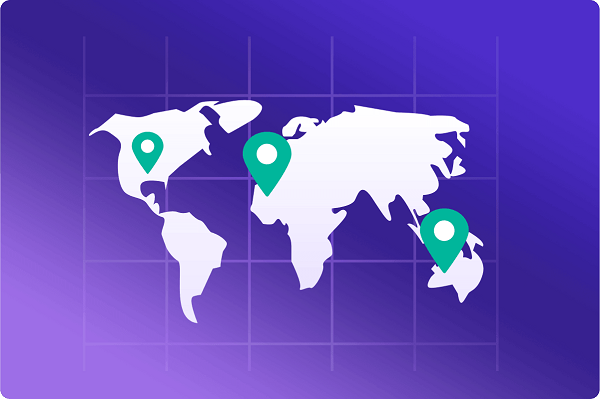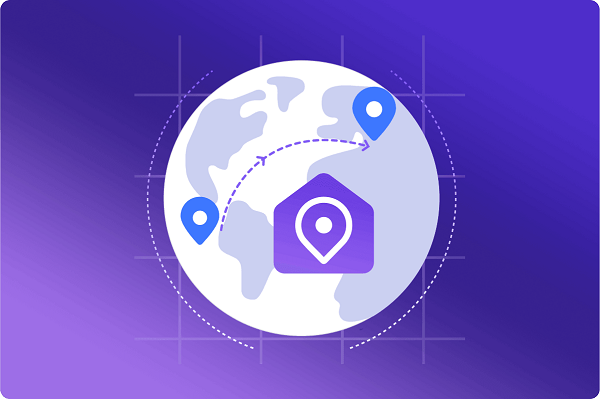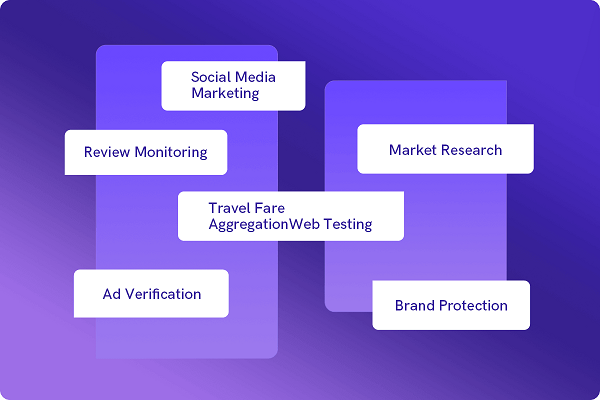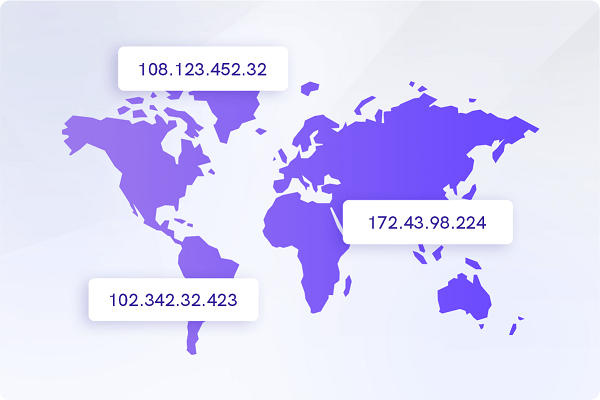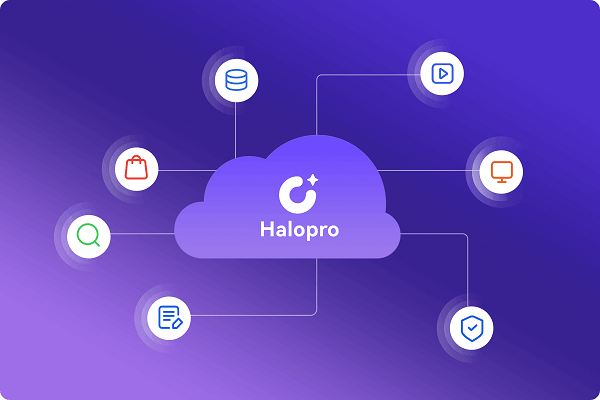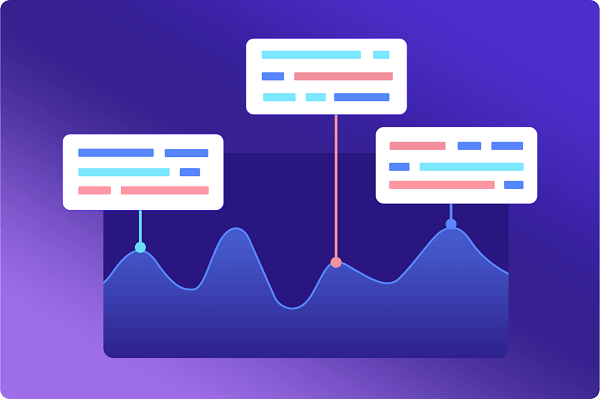China IP proxy refers to a technical solution that transfers network requests through servers in mainland China. Its core value lies in breaking through geographical content restrictions and optimizing network access quality. This technology helps global users access services restricted in specific areas by simulating the Internet environment of local users, while providing companies with accurate market data collection channels. With a dynamic IP resource pool covering 31 provinces in China, IP2world provides proxy service support that meets network performance requirements for cross-border businesses.1. Core Logic of Technical Implementation1. Network infrastructure architectureBGP multi-line intelligent routing: access to the backbone networks of China Telecom, China Unicom and China Mobile at the same time, calculate the optimal transmission path in real time, and ensure that the cross-network access delay is stable within 50msIPv4/IPv6 dual stack support: Dynamically adapt to the terminal device network environment to solve the connection limitation problem caused by IPv4 address exhaustionDistributed node deployment: core nodes are established in network hub cities such as Beijing, Shanghai, Guangzhou and Shenzhen, and edge nodes are extended to third- and fourth-tier cities to form a 200ms coverage circle2. IP resource management mechanismDynamic allocation system: automatically switches between residential IP and computer room IP according to business scenarios, and the longest usage period of a single IP does not exceed 45 minutesQuality monitoring system: Real-time detection of IP availability indicators, including response success rate (≥99%), packet loss rate (≤0.5%) and port open statusTraffic cleaning technology: deploy anti-DDoS protection system, automatically identify abnormal traffic characteristics and start traffic shaping3. Protocol layer optimization solutionTLS fingerprinting technology: dynamically generate encryption handshake parameters to avoid protocol feature recognition by deep packet inspection (DPI) systemsQUIC protocol acceleration: Achieve 0-RTT fast connection establishment in weak network environment, and improve video streaming efficiency by 40%Intelligent compression algorithm: Brotli compression is performed on text data, effectively reducing bandwidth consumption by 35%2. Analysis of core application scenarios1. Cross-border e-commerce operation optimizationMulti-platform account management must ensure that the IP address dispersion exceeds 85% to avoid correlation detection by the platform risk control systemProduct price monitoring requires completing 500+ page requests per minute while maintaining a request success rate of more than 98%Logistics information connection relies on the ability to maintain a stable long connection, and the TCP session duration must exceed 30 minutes.2. Network service test verificationAPP localization testing needs to simulate the network environment of different provinces, and the delay gradient is controlled within 10ms/100kmCDN acceleration effect verification requires 200+ concurrent requests to be initiated simultaneously, covering more than 90% of prefecture-level citiesProtocol compatibility testing needs to support more than 10 transmission protocols such as HTTP/2 and WebSocket3. Data intelligent collection scenarioSocial media content crawling requires dynamic replacement of UA header information, and the device model library contains more than 8,000 mobile terminal identifiersThe public opinion analysis system requires real-time data acquisition and desensitization, and the data processing delay should not exceed 5 seconds.Search engine optimization monitoring needs to maintain IP purity, and the search engine anti-crawling recognition rate must be less than 0.1%3. Key Dimensions of Technology Selection1. Infrastructure Capacity AssessmentThe IP pool size should exceed 500,000, and the daily active IP replacement rate should be no less than 20%The backbone network needs to have a T-level bandwidth reserve, and a single-node burst traffic carrying capacity of 10GbpsThe operation and maintenance system must achieve 99.99% availability guarantee, and the failover time must be controlled within 30 seconds.2. Completeness of protocol supportThe basic protocol must support Socks5/HTTP proxy modeAdvanced functions must include management modules such as traffic mirroring and request retry.Mobile terminal adaptation requires the provision of SDK integration solutions, supporting iOS/Android systems3. Service quality assurance systemProvides a real-time monitoring dashboard that displays 12 core indicators such as connection success rate and latency distributionEstablish an intelligent scheduling system to automatically allocate high-quality IP resources according to business prioritiesEquipped with a 24/7 technical response team, the average problem location time is no more than 15 minutes4. Outlook on Technology Development Trends1. Large-scale deployment of IPv6China's IPv6 traffic is expected to account for more than 70% in 2025, and proxy services need to fully support dual-stack accessThe address allocation mechanism is expanded from /64 prefix to /56 prefix to improve the utilization of address resourcesDevelop a new NDP proxy protocol to optimize address resolution efficiency in IPv6 environments2. 5G network deep adaptationDevelop a dedicated transmission protocol for 5G network slicing features, reducing latency to 10msUse edge computing nodes to localize traffic and reduce transmission pressure on the core networkDevelop URLLC (Ultra-Reliable Low Latency Communication) scenario adaptation solutions to meet special needs such as industrial control3. AI-driven intelligent schedulingApply machine learning algorithms to predict IP ban probability and replace resources in advanceBuild a network quality prediction model to intelligently avoid network congestion during peak hoursDevelop an intent recognition system to automatically match the optimal protocol combination and encryption strategyAs a professional proxy IP service provider, IP2world provides a variety of high-quality proxy IP products, including residential proxy IP, exclusive data center proxy, static ISP proxy, dynamic ISP proxy and other proxy IP products. Proxy solutions include dynamic proxy, static proxy and Socks5 proxy, which are suitable for a variety of application scenarios. If you are looking for a reliable proxy IP service, welcome to visit IP2world official website for more details.
2025-03-03
